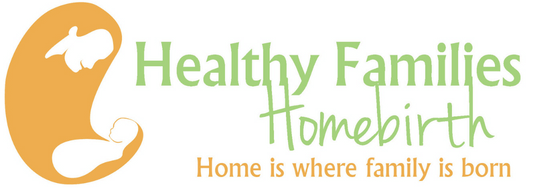

PHONE
303-718-1554
cheryl.furer@msn.com
OPENING HOURS
By Appointment Only
Menu

The primary reason for Shaken Baby Syndrome/Abusive Head Trauma (SBS/AHT) is agitation and overwhelming frustration from a crying baby. Men, primarily young fathers or boyfriends in their teens and early 20’s, and caregivers, other than the mother, are more likely to shake a baby out of frustration due to continued crying. Many times these adults are ill-prepared for how to handle a crying baby and lose control when there are many failed attempts to sooth the infant.
Being stressed out, feeling overly tired, having limited self-anger management, feeling inadequate, isolated or depressed, or coming from a family background of abuse are all precursors to being unable to cope with a difficult time while caring for a small child.
Things to do when feeling overwhelmed:
Remember that crying is the baby’s only way to communicate its needs. Sometimes they cry for seemingly long periods of time, especially in the late afternoon and the evening and sometimes they cannot be soothed, despite whatever you try. All of these things do not mean that you’re a bad parent. Things will get better and your baby will eventually stop crying. Keep this in mind when you’re going through it right at that moment of the stress of crying.
Things to try to sooth your baby:
Shaken Baby Syndrome/Abusive Head Trauma refers to the typical signs and symptoms that occur from violent shaking of an infant. Shaking the baby or child causes the developing brain to move within the skull resulting in brain tissue damage, the rupture of blood vessels and bleeding around the brain, spinal cord damage, and rupture of blood vessels in the eyes. These damages become life-long and non-reversible, and may even lead to death of the infant.
Screening your child’s caregiver is an important way to ensure that this won’t happen. Find out their skills and what their experiences are with children of this age. Get a police background check on any prospective child care provider.
Choose a center or daycare provider who has been licensed in your state. Find out who all will be attending to your child and what their experiences and backgrounds are. Talk with your childcare provider about shaken baby syndrome and inform them of the ways to sooth a baby and ways to deal with feeling overwhelmed.
A few things to ask your prospective childcare provider about:
Possible signs of shaking:
Long-term effects could include:
Sources:
Athens Parent Inc. (2003). Shaken Baby Syndrome. Retrieved on 15 April 2012 from: http://www.athensparent.com/articles/pregnancybaby/shakenbaby.html
Centers for Disease Control (2011). Preventing Shaken Baby Syndrome: A guide for health departments and community-based organizations. Retrieved on 15 April 2012 from
http://www.cdc.gov/Concussion/pdf/Preventing_SBS_508-a.pdf
National Center of Shaken Baby Syndrome. Retrieved on 15 April 2012 from: http://www.dontshake.org
The Nemours Foundation (2012). Abusive Head Trauma (Shaken Baby Syndrome). Retrieved on
17 April 2012 from:
http://kidshealth.org/parent/medical/brain/shaken.html
***September 2014 written by Melanie Gray, shared with permission

“I believe in continuity of care, which means that as your midwife, I’m here to support you throughout your pregnancy, birth, up until your baby is a toddler (really!) and beyond…”


Proud Practitioner with BeHerVillage. Create a Registry Here.
Copyright © 2022 Healthy Families Homebirth – Home is Where Family is Born | All Rights Reserved | Website by Cheryl Furer & Precy Onasa